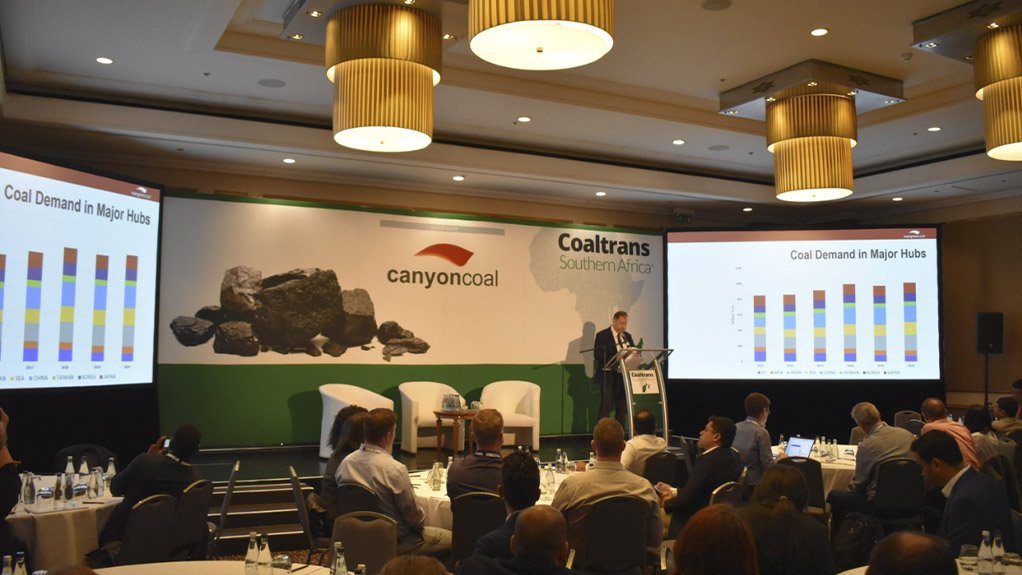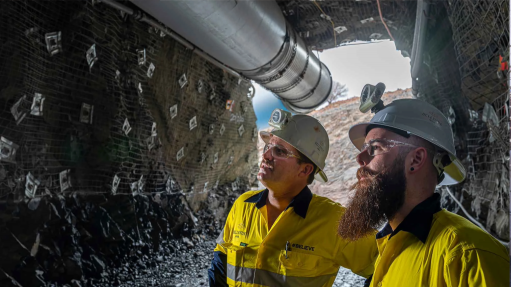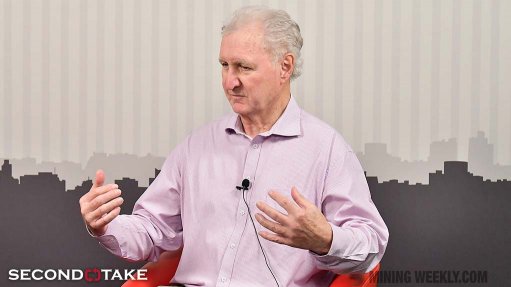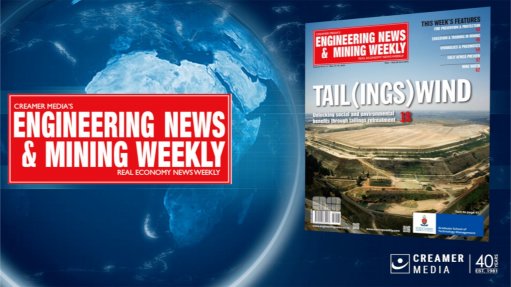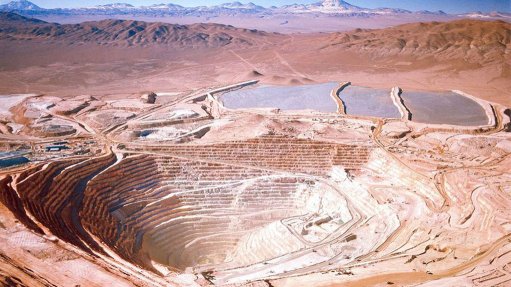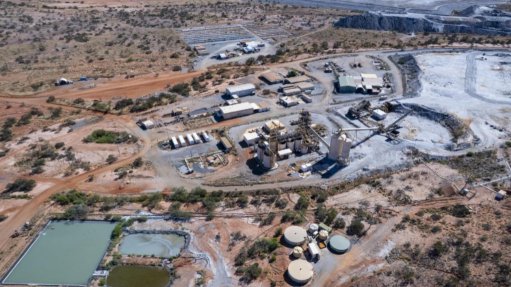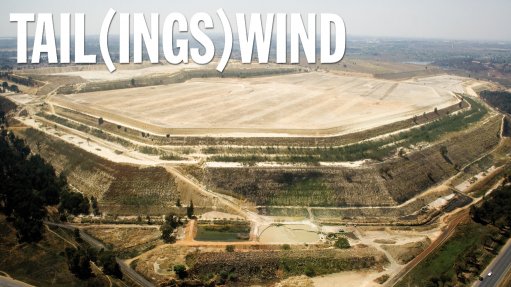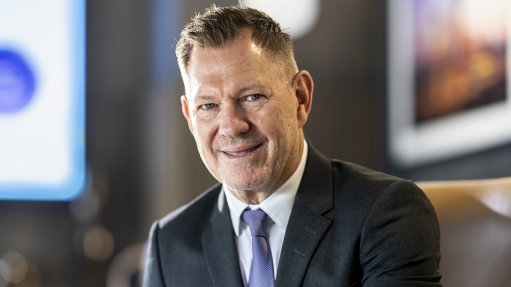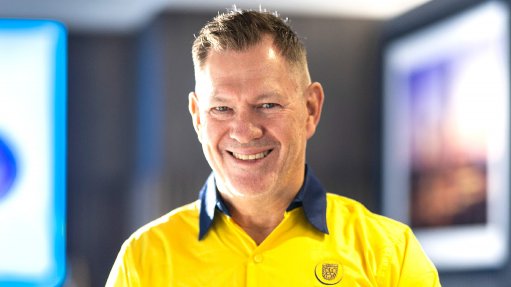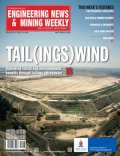South Africa must continue to invest in coal – Bayoglu
South Africa must continue to leverage its considerable coal resource and must embolden this industry to bolster the economy and engender job creation, Canyon Coal executive chairperson Vuslat Bayoglu said on Wednesday.
Speaking at the Coaltrans Southern Africa conference, in Johannesburg, he said the country boasts considerable reserves, with about 118 years of coal resources remaining, which translates to 30.8-billion tonnes.
However, he noted that the industry required considerable support to compete in international markets against countries like Indonesia.
Indonesia’s coal output is projected to grow exponentially, while South Africa’s is set to decline over the next 20 years.
Bayoglu lamented that this was despite the fact that South Africa had world-class infrastructure, from mining to rail and ports, and developed skills, to support the industry.
Therefore, to ensure that this was not wasted, and to ensure the country could compete with other countries, he called for investors and miners to work together to support the industry.
Bayoglu indicated that, historically, coal had built economies and had engendered stability.
Further, he noted that the world’s energy demand continued to rise exponentially. This growing demand would be supported by the 1 160 coal plants that are planned or under construction in 62 countries worldwide, he indicated, with these new plants set to expand the world’s coal-fired power generation capacity by 43%.
This will supplement the existing 6 678 operational coal mines worldwide.
Bayoglu noted that while Europe’s coal demand had dropped owing to the growth of renewables, South Africa did not have the same flexibility at its disposal, and would continue to be reliant on coal to supply its baseload power for now.
“South Africa has good quality coal, which needs to be produced cost competitively. South Africa also must make the most of its coal resources for the benefit of the country and can continue to generate revenue for the country through export sales,” Bayoglu said.
He also highlighted State-owned power utility Eskom as being imperative to the future of the country, with Eskom needing coal to survive, and the country needing Eskom to prosper.
Meanwhile, the exit of coal majors, such Anglo American and South32, from South Africa’s coal sector posed a risk owing to the loss of skills and capabilities to optimally run coal mines in South Africa which could place the supply of much needed coal to Eskom at risk.
However, this could also provide opportunities for black-empowered industrialists to enter this space, Bayoglu said.
DISPELLING MISCONCEPTIONS
Bayoglu noted that coal had been much maligned as a major contributor to greenhouse gas (GHG) emissions, especially with the drive towards clean energy. This, he indicated, had hindered further investment in the coal mining sector.
However, according to research undertaken by international energy and sustainability consultancy Ecofys, GHG emissions produced by coal miners contributed only minimally to total global emissions.
The major contributors are industry at 29.2%, energy at 14.5%, land at 23.3%, transportation at 14.5%, and building at 18.2%, while coal miners make up a mere 2.7% of emissions.
Bayoglu indicated that industrialised countries were seeking to stop coal production after having benefited for generations from coal, while also demanding that emerging economies abandon coal.
Rather, Bayoglu called for a move towards cleaner coal technologies.
He said carbon capture would be key to reducing global carbon dioxide (CO2) emissions, not only from coal, but also natural gas and industrial sources.
Another technology option was high efficiency, low emission coal that was aimed at improving the current average global efficiency rate of coal-fired power plants from 33% to 40% by deploying more advanced off-the-shelf technology that could eliminate as much as two gigatonnes of CO2 emissions worldwide, he noted.
Comments
Press Office
Announcements
What's On
Subscribe to improve your user experience...
Option 1 (equivalent of R125 a month):
Receive a weekly copy of Creamer Media's Engineering News & Mining Weekly magazine
(print copy for those in South Africa and e-magazine for those outside of South Africa)
Receive daily email newsletters
Access to full search results
Access archive of magazine back copies
Access to Projects in Progress
Access to ONE Research Report of your choice in PDF format
Option 2 (equivalent of R375 a month):
All benefits from Option 1
PLUS
Access to Creamer Media's Research Channel Africa for ALL Research Reports, in PDF format, on various industrial and mining sectors
including Electricity; Water; Energy Transition; Hydrogen; Roads, Rail and Ports; Coal; Gold; Platinum; Battery Metals; etc.
Already a subscriber?
Forgotten your password?
Receive weekly copy of Creamer Media's Engineering News & Mining Weekly magazine (print copy for those in South Africa and e-magazine for those outside of South Africa)
➕
Recieve daily email newsletters
➕
Access to full search results
➕
Access archive of magazine back copies
➕
Access to Projects in Progress
➕
Access to ONE Research Report of your choice in PDF format
RESEARCH CHANNEL AFRICA
R4500 (equivalent of R375 a month)
SUBSCRIBEAll benefits from Option 1
➕
Access to Creamer Media's Research Channel Africa for ALL Research Reports on various industrial and mining sectors, in PDF format, including on:
Electricity
➕
Water
➕
Energy Transition
➕
Hydrogen
➕
Roads, Rail and Ports
➕
Coal
➕
Gold
➕
Platinum
➕
Battery Metals
➕
etc.
Receive all benefits from Option 1 or Option 2 delivered to numerous people at your company
➕
Multiple User names and Passwords for simultaneous log-ins
➕
Intranet integration access to all in your organisation



